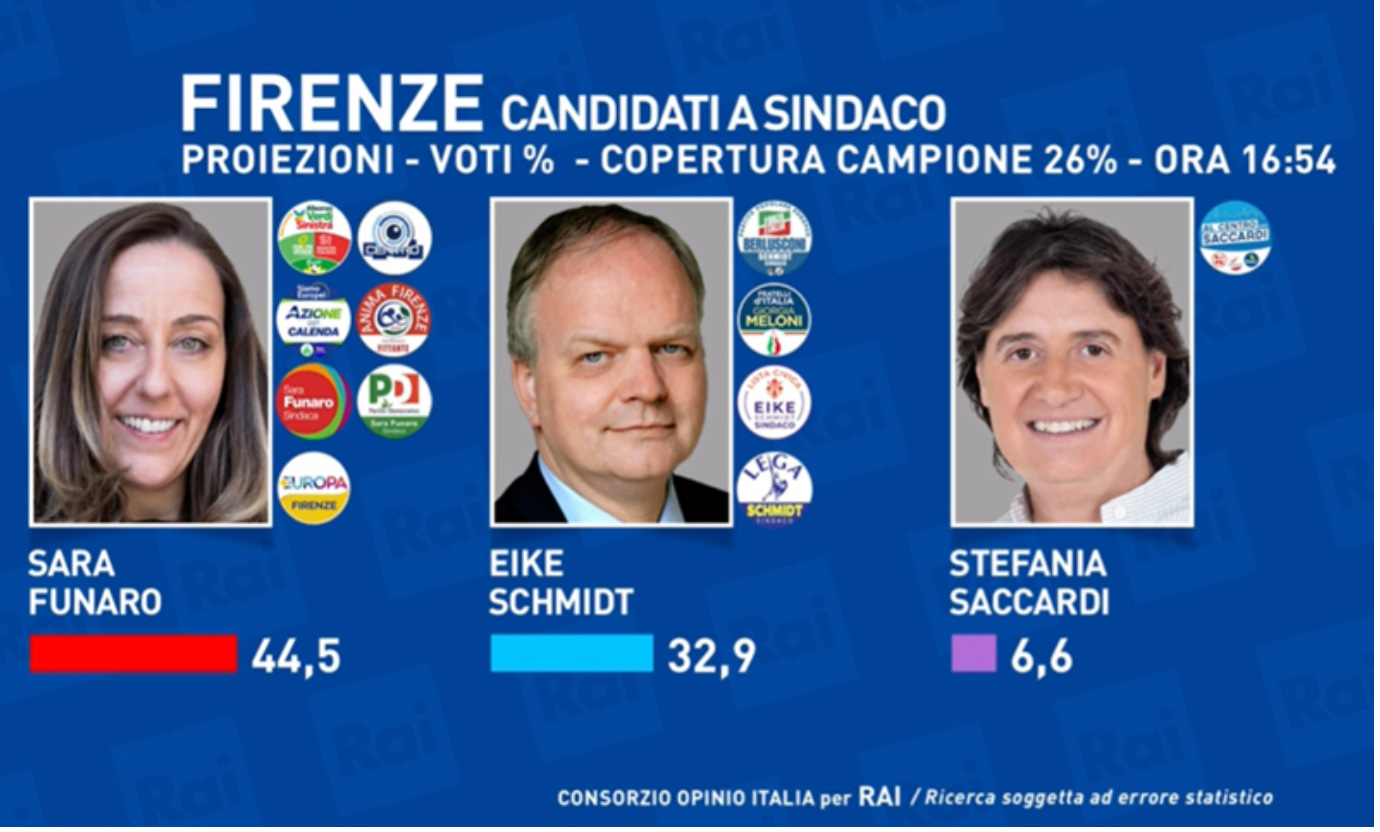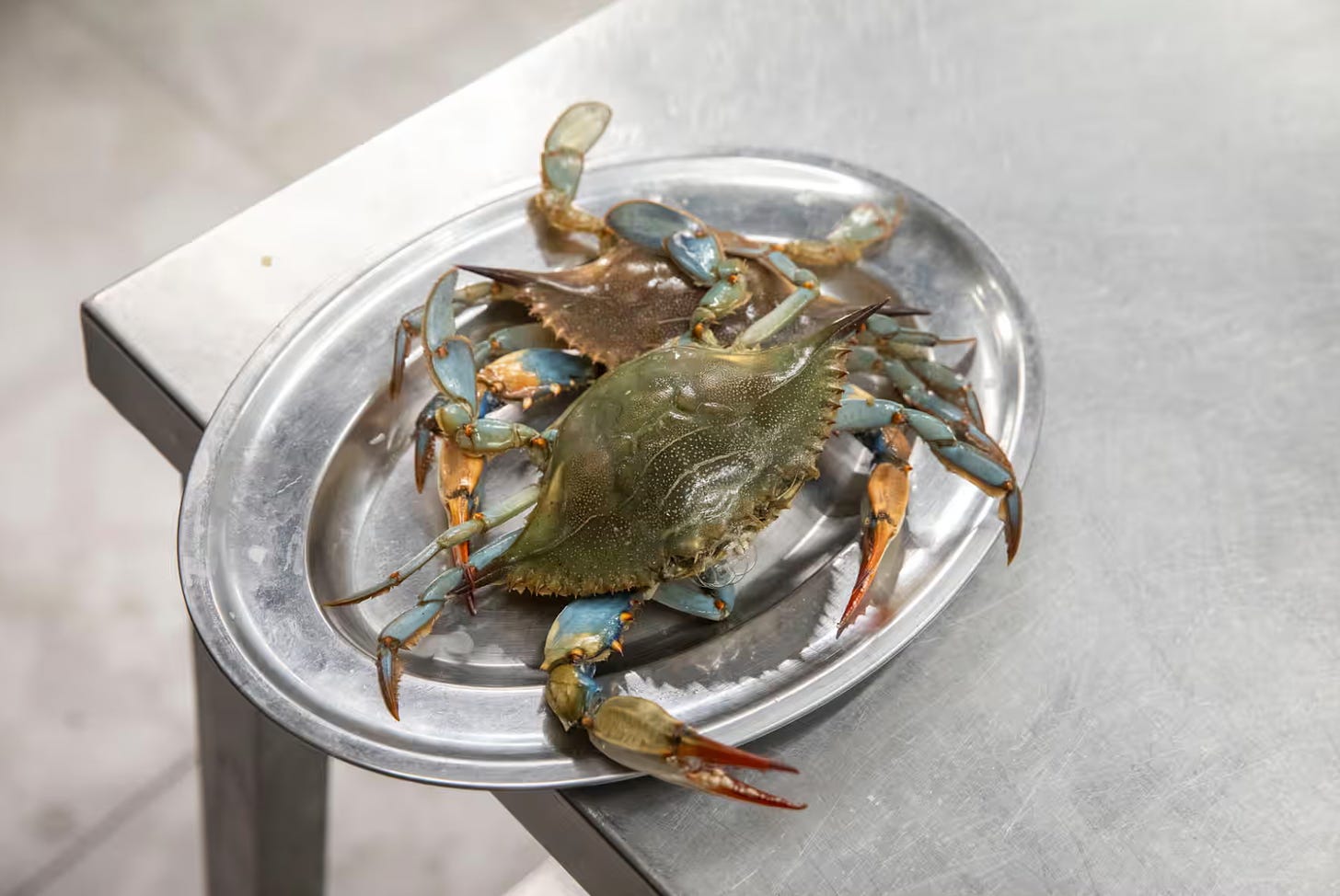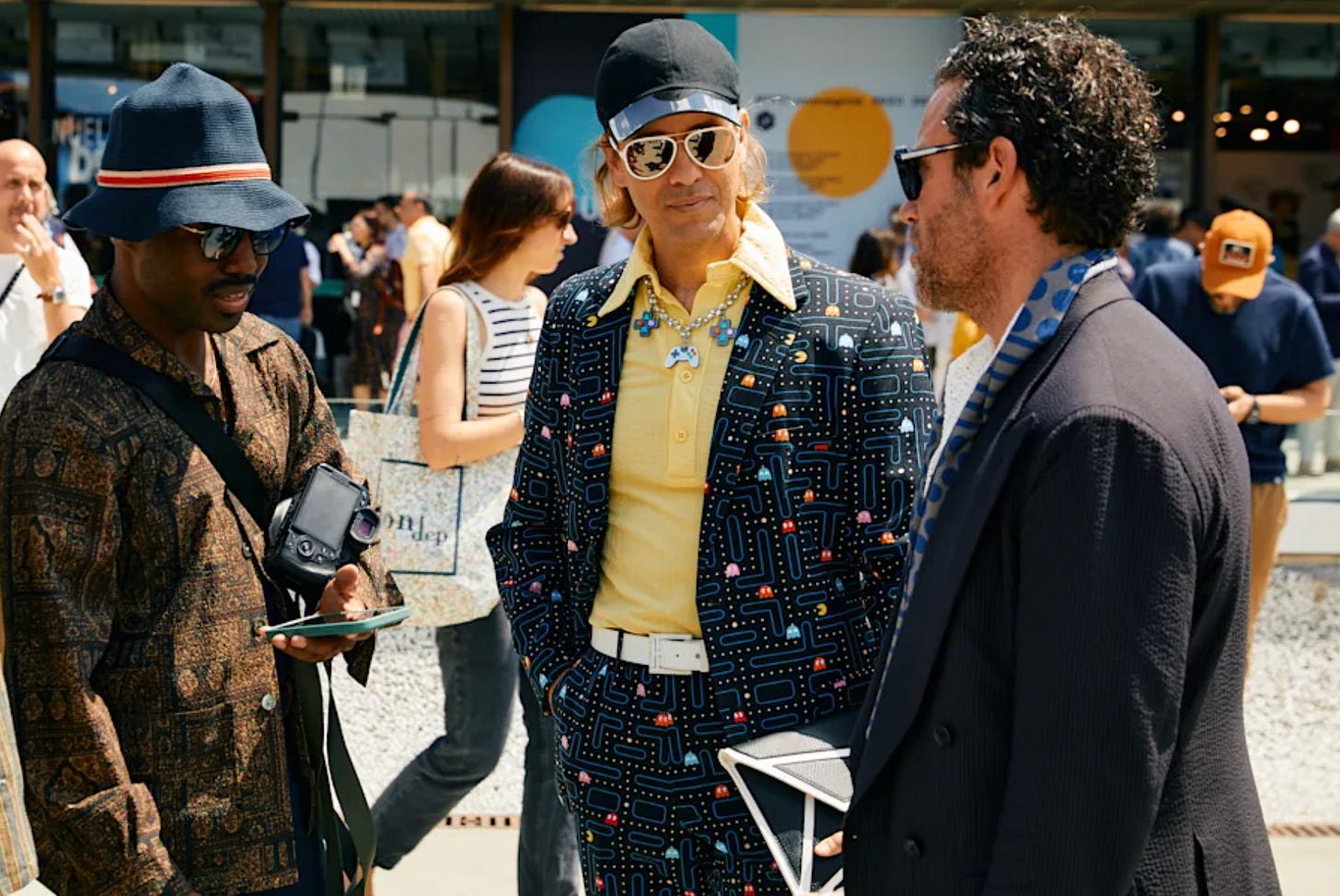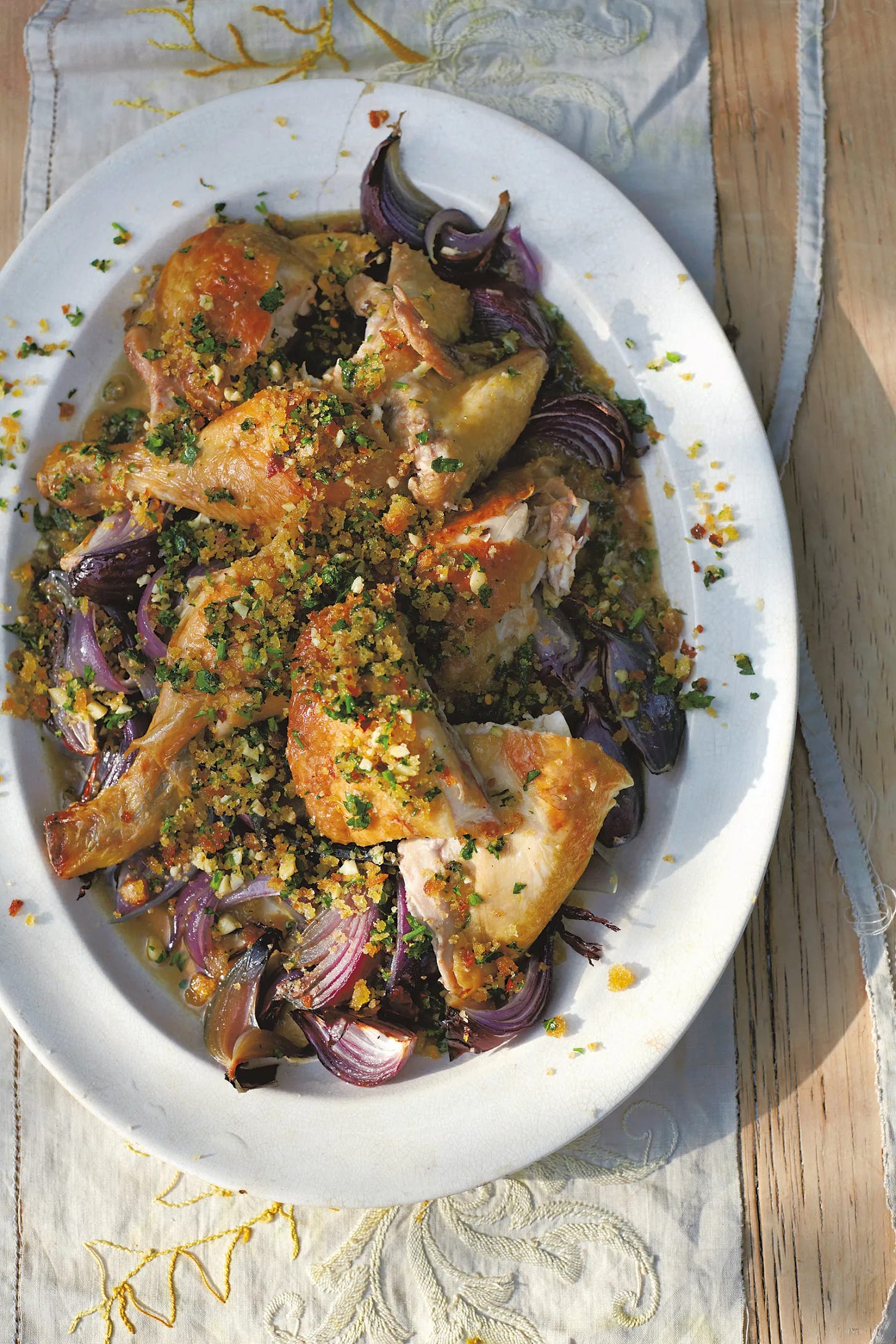A “resounding” victory for Georgia Meloni. A Meloni “landslide.” “All eyes on the Italian PM… Europe’s kingmaker.” These are just a few select clippings from headlines published in the wake of last weekend’s EU Parliament elections — and in a sense, it would be hard to contest this collective journalistic evaluation. It’s true. Meloni did do well. Fratelli d’Italia upped its European performance from 6.4% to 28% of the vote in just four years. The party actually performed even better than it did in the national elections of 2022. Nevertheless, the picture is more complex than it first seems. The power balance in Europe as a whole still depends on the formation of coalitions which, based on current projections, look remarkably similar to those of the previous legislative cycle. The Partito Democratico, Italy’s main opposition, rallied to an impressive 24.1% during this election; re-establishing its place at least in theory as a credible alternative (largely at the expense of the Five Star Movement which crashed from 17% to just 9%). Most importantly of all, I think it’s impossible to ignore how little people seem to care about any of this. Fewer than 50% of voters actually bothered to turn up to cast their ballot this year, a number so low the entire contest seems borderline illegitimate. I’ve been rather sanguine in the face of anti-political sentiment over the years, but it has to be said this combination of bipolarity coupled with low participation poses a new threat to the integrity of the democratic system as a whole; and this is something we should all be taking seriously. If you’re interested in how we got here, and you have a strong stomach for expletives, you might want to check out this exchange between the ex MP Italo Bocchino and the philosopher Massimo Cacciari which really captures the mood of the moment (skip to 1.40 at the link below and please note this is resoundingly NSFW. You have been warned. ITA only, I’m afraid).
It wasn’t just the EU, of course. Italians also went to the polls in dozens of cities last week to cast their ballot in highly contested local elections. Here, the picture is actually less bleak than it might have been. Across the board, in the vast majority of the contests, left-wing lists, headed by the PD, have actually done quite well. Indeed, the PD seems to have consolidated support in all the major swing cities. Elly Schlein, the party leader, has referred to the result — not for the first time — as “the beginning of the comeback”. Personally, I’d be more cautious, but it’s worth noting indeed that while the centre and far-right secured bases in Piemonte and Ferrara they failed to make any headway in the old socialist heartlands (and they are actually losing their grip on the rural south.) It’s hardly surprising that the PD won in Modena and Reggio Emilia. The result in Puglia — in Bari — on the other hand, is more telling about prospects for progressive lists to triumph in the Mezzogiorno. In Florence, the centre left list attracted 43% against the centre-right 32% — so while there will be a second round stand-off between Sara Funaro and Eike Schmidt to decide the mayorship, I’m pleased to report the Renaissance capital has confidently reaffirmed its anti-fascist ethos in the face of a brutal far-right campaign.
But enough of elections; there’s plenty else going on outside the corridors of power. This week, The Guardian published two Italy-related climate change stories, both of which explore the interfaces of food, wine and environmental change. Ajit Niranjan has penned a report from the Dolomite foothills in Veneto where a combination of late spring frosts, summer hail storms and long periods of drought are damaging the annual prosecco crop. The risk, as one farmer puts it, is not so much that cultivating grapes could become impossible, but that customers won’t like the product [they’ve always loved] any more. The Guardian also published a neat little feature this week by my friend Ismail Einashe who’s been down in the Sicilian city of Catania to write about the growing appetite for blue crab, a species which is booming in numbers – due to rising temperatures – and destroying local marine ecosystems. So next time you’re in Sicily, make sure to do your bit and get in line to dine on this invasive crustacean. You’ll be doing the fishermen, the mussels, the clams and — apparently — the marine world a huge favour.
Arts and culture: on the runway(s)
A couple of fashion stories this week: first, the much-hyped and long anticipated FW24 Jacquemus sfilata took place a few days ago on the island of Capri and — inevitably — it was all about the video spot. Even if fashion isn’t your thing you’d have to concede this is a stunning bit of film making [see below]. Of course, the models and outfits stole the show (the participation of K-pop star Jennie Kim was always a guarantee that this was going to go viral). Me being me, however, I was actually most beguiled by the choice of the set — i.e. Casa Malaparte, the nihilist author’s one time holiday home; a beautiful and kitschy coral toned postmodern penthouse reaching out from the rock on a gnarly old cliff. The space is stunning and criminally under-utilized most of the year, so I was really pleased to see the space being put to good use. For music fans, the video’s soundtrack includes a great selection of schmalzy 50s and 60s ballads by Georges Delerue and Gloria Lasso among others, which is an added bonus in my book. Check out the full show below.
Closer to home, Pitti Uomo — Italy’s number one men’s fashion event — is currently underway in Florence right now. For better or worse, this year’s edition ‘106’ has been sportier than usual; focused more on athleisure, denim and outdoor adventure wear than the more characteristically “Italian” trademarks of pastels, linen blazers, retro polos and so on. Brands such as Herno, Paul & Shark and People of Shibuya have all foregrounded functionalist, modern streetwear. There have been plenty of worker jackets and overalls alongside beanies, bombers, tracksuit pants, trainers and so on. Most of the clothes on display are obscenely expensive. Think “everyday wear” for billionaires; the kind of thing Jeff Bezos and his chums might think trendy. Personally, I’ve found the offerings on the runways pretty dull (yes, I am well and truly done with the 90s bucket hats). Still, thankfully, the attendees themselves have proved as interesting and exuberant as ever, so if you’re in search of a little sartorial inspiration it’s well-worth checking out some photos of this summer’s street fashion. The Florentine has published a sharp little round up here.
Recipe of the week: spatchcocked chicken with chilli, garlic, parsley and almond pangrattato
If you don’t own a copy of Diana Henry’s How to Eat A Peach well, what can I say? You’re missing out. First published back in 2018, this book contains a beautiful selection of ‘menu ideas’ for all seasons: bringing starters, mains and desserts together with personal “food memoir anecdotes” courtesy of the British chef. Many of Henry’s proposals and musings involve Italy, and this one — ‘spatchcocked chicken with chilli, garlic, parsley and almond pangrattato’ — makes for a perfect dinner as we launch into full-blown summer. There’s something vaguely Sicilian about this recipe. For me at least the combination of charred onions, almond and citrus bring to mind lazy long summer evenings in the hills around Palermo, surrounded by fichi d'india and cicada song. Reveries aside, the dish also happens to be light, balanced and refreshing… a winner all round basically. Buy your bird pre-spatchcocked, or ask your butcher to sort that out for you, for a hassle-free meal. Serve with a crisp green salad and a cool glass of lemonade. Here’s the link.
I’m Jamie Mackay, a UK-born, Italy-based writer, working at the interfaces of journalism, criticism, poetry, fiction, philosophy, travelogue and cultural-history. I set up ‘The Week in Italy’ to make a space to share a regular overview of the debates and dilemmas, innovations and crises that sometimes pass under the radar of our overcrowded news feeds, to explore politics, current affairs, books, arts and food. If you’re a regular reader, and you enjoy these updates, I hope you’ll consider becoming a supporter for EUR 5.00 per month. I like to think of it as a weekly catch-up chat over an espresso. Alternatively, if you’d like to send a one-off something, you can do so via PayPal using this link. Grazie!






